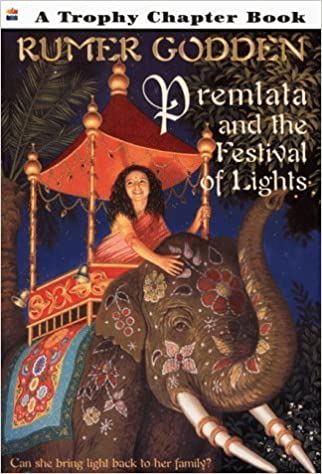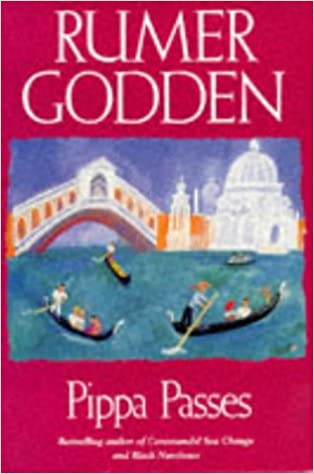Old Mrs. Quin dies, leaving her beloved house, China Court, dilapidated from lack of money and her even more beloved garden tended only in a few places. Her descendants gather, assuming the house and contents will have to be sold to pay for the taxes and the leftover money divided. Among them is Tracy, her only grandchild, who loved the house as a child but was taken away by her mother to lead a wandering existence. Mrs. Quin’s children are indignant about the presence of Peter St. Omer, who abandoned an aimless life four years ago to work the estate farm at Mrs. Quin’s encouragement.
When the will is read, there is a surprise for all, as Mrs. Quin has left the house to Tracy and the farm to Peter with an unusual proviso. But can they find the money to save the properties?
China Court was the novel I chose to read for Rumer Godden Week, hosted by Brona at This Reading Life. With a great deal of fluidity, it tells the story of the lives of several generations of Quins in their home of China Court. It moves back and forth among generations, the shifts triggered by an object or a smell, as it tells what happened to the family—the smart girl denied an education because of her sex, the wife madly in love whose husband was unfaithful at the first opportunity, the girl in love with one brother who married another.
Godden does this skillfully, inserting the seeds of the stories into the first chapter so that readers want to find out about them. She structures the novel by dividing it up like a book of hours, beginning each chapter with a description of the page of that hour from a specific book. I was perplexed about the reason for this device, but all is eventually made clear.
Godden uses a similar technique in A Fugue in Time (written in 1945) but less successfully there, I think. In this novel I became very involved in the stories of some of the characters and the fate of the house. Godden has perfected this approach to fiction by the time she published this book in 1961.










